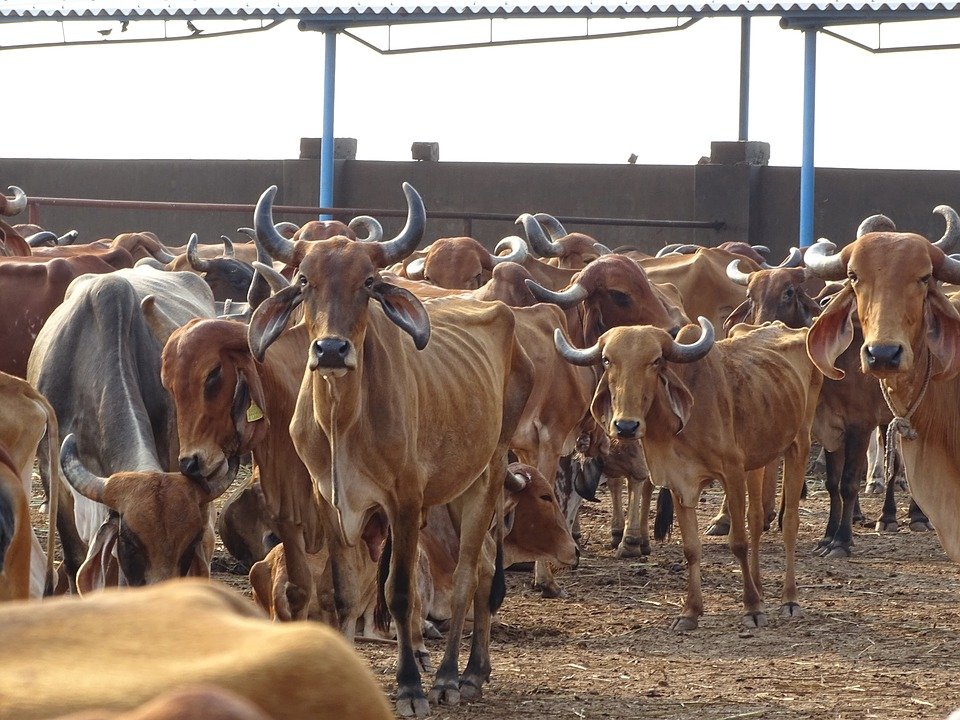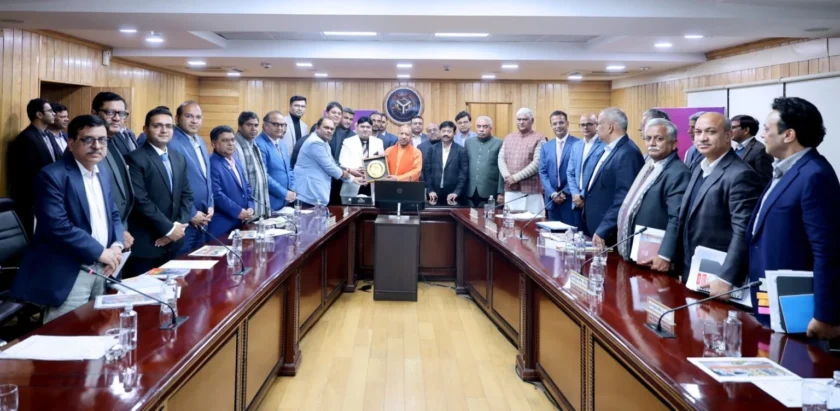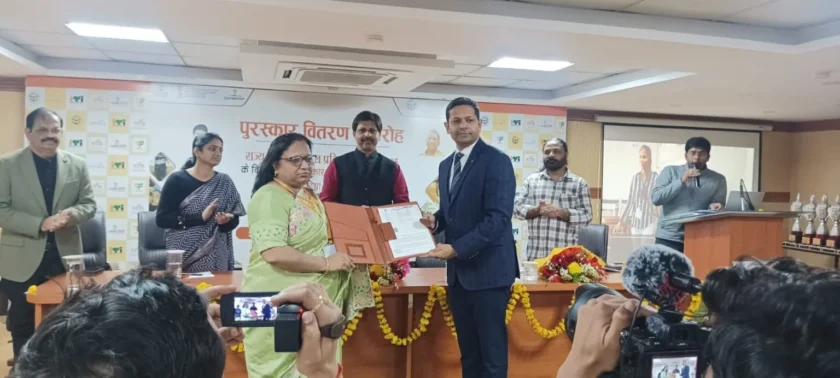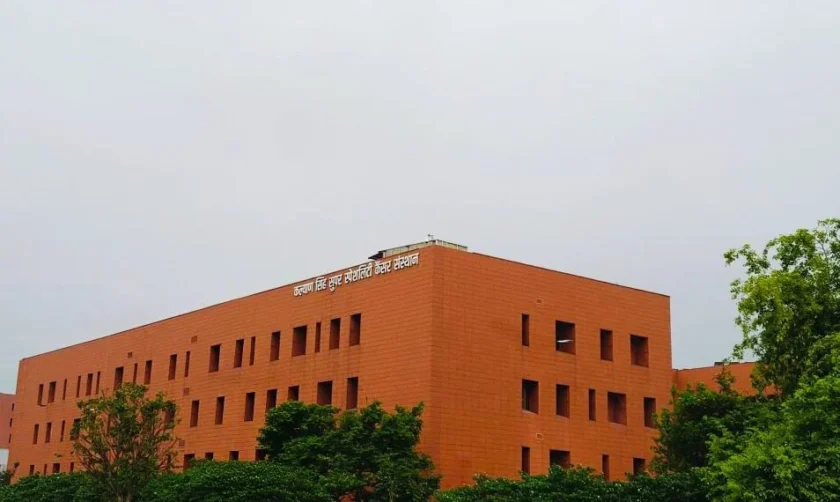Bareilly: In a game-changing move for rural livelihoods, Uttar Pradesh is all set to monetize cow by-products — not just milk, but also dung, urine, and trampled weeds. Under a new initiative, Compressed Bio Gas (CBG) plants will be installed in gaushalas (cow shelters), starting with Bareilly in the first phase covering eight divisions. These plants will also produce Panchagavya — a traditional Ayurvedic mixture made from five cow products.
The project is being jointly developed by the UP Gau Seva Aayog and the Animal Husbandry Department. Farmers in surrounding villages will be allowed to sell cow milk, curd, dung, and urine to these gaushalas, increasing income for both the shelters and local agrarians. The model is already operational in states like Madhya Pradesh, Rajasthan, West Bengal, and Maharashtra, often with support from oil and gas companies.

Swami Devanand of LalTipara Gaushala in Gwalior shared that the CBG plant there not only covers the cost of cattle feed through revenue from dung and urine but also allows for additional profits from milk sales.
During a recent visit, officials from Madhya Pradesh and West Bengal shared best practices and innovations. They emphasized how CBG plants convert cow dung into bio-CNG and organic fertilizers, thereby reducing carbon emissions and supporting sustainability. The Panchagavya product, known for its immunity-boosting and soil-enriching qualities, also holds significant commercial value.

Former Ayurveda department director Prof. P.C. Saxena stated that Panchagavya enhances immunity, detoxifies the body, and is rich in calcium, protein, and vitamins. Medicinal Panchagavya sells for ₹1,000–1,500 per 500ml, while agricultural variants range from ₹200 to ₹1,000.
Uttar Pradesh leads India in the CBG sector with 47 approved bio-CBG projects worth ₹2,589 crore and a daily capacity of 407 TPD. The largest plant is in Mathura with a capacity of 42.6 TPD. UP accounts for 19% of all CBG plants nationwide, ahead of Gujarat (16%) and Maharashtra (9%).
Officials confirmed that the first phase will focus on departmental gaushalas across eight regions before expanding. The initiative is expected to promote cattle conservation, rural economic growth, and environmental sustainability.









